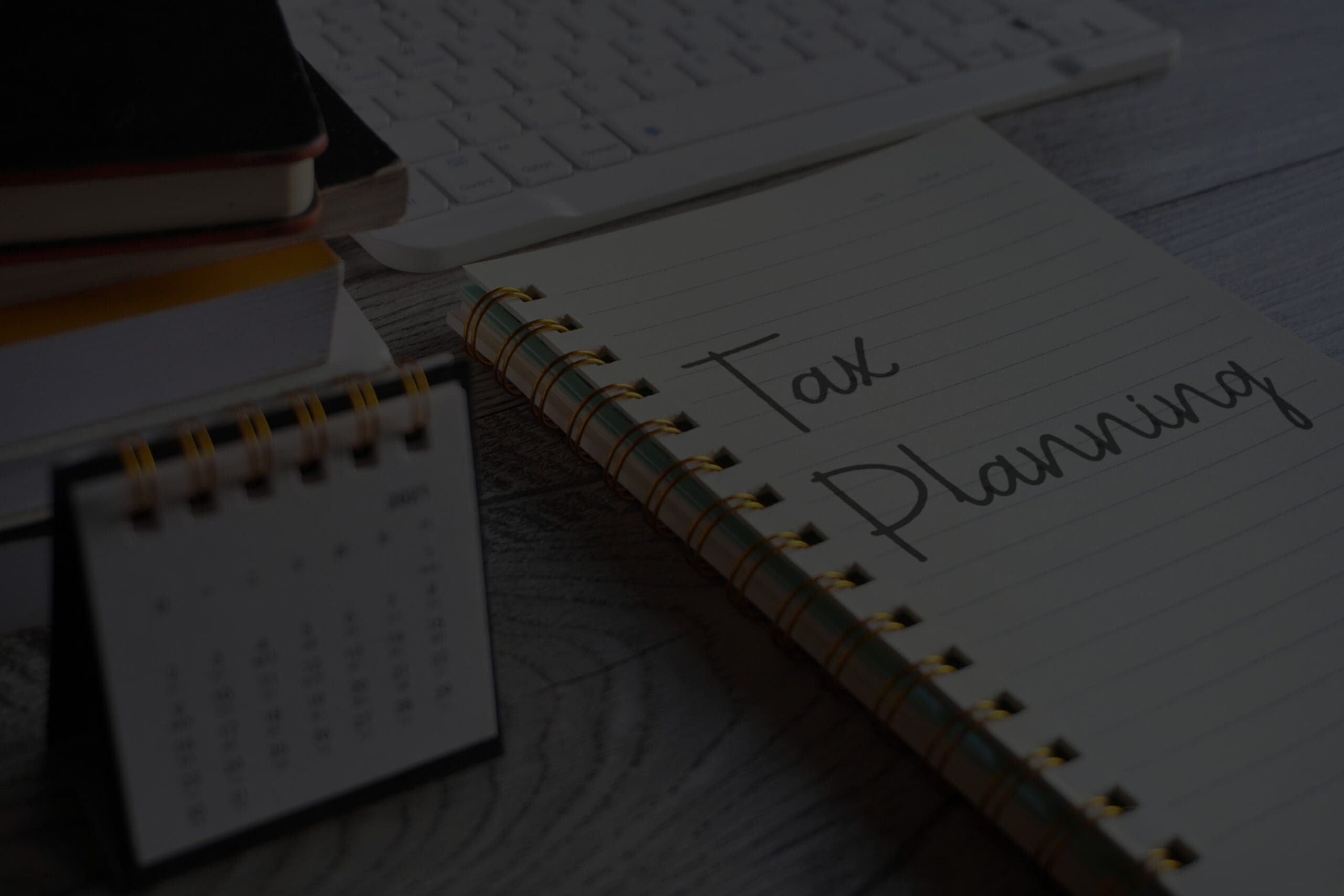As April ushers in the new tax year, it also brings a valuable opportunity for small business owners, freelancers, and entrepreneurs to reset and optimise their financial strategy. By preparing early, you can streamline your bookkeeping, minimise tax obligations, and position your venture for growth. Below are eight key steps to help you make the most of this fresh start.
- Review Last Year’s Financials
Before diving into new tax year planning, take a moment to review your past year’s financial performance. Go through your income statements, expenses, and cash flow reports. Identifying trends in revenue and expenditure can help you make informed decisions about budgeting, savings, and investment opportunities for the coming year.
- Organise Your Accounting Records
Maintaining clear, up-to-date records lays the foundation for efficient tax preparation. If you haven’t already, consider upgrading to cloud-based accounting software such as QuickBooks, Xero, or FreshBooks. Automated invoicing, real-time expense tracking, and integrated reporting can help you stay on top of your finances year-round.
- Understand Tax Changes and Allowances
Tax rules and allowances can shift from one year to the next, impacting income tax rates, VAT thresholds, and deductible expenses. Staying informed is crucial. If you’re unsure about how recent changes affect you, consult a tax professional to ensure you’re taking full advantage of any new or revised allowances.
- Maximise Deductions and Reliefs
A smart way to reduce your tax liability is by claiming all relevant deductions. Typical deductible expenses include office supplies, home office costs, business travel, and professional services. If you operate as a limited company, think about tax-efficient methods of extracting income, like dividends or pension contributions.
- Plan for Self-Assessment and VAT Returns
If you’re self-employed, having a system for tracking income and expenses will simplify your Self Assessment filing. Should your business be VAT-registered, be mindful of your return deadlines. Also consider whether alternative VAT schemes such as the Flat Rate Scheme could ease administrative burden and potentially save you money.
- Review Payroll and Employee Tax Obligations
If you employ staff, complying with HMRC’s payroll requirements is essential. Review salaries, National Insurance contributions, and workplace pensions to confirm everything is in order. Make sure employee benefits (like bonuses or company cars) are accurately recorded and accounted for to avoid unexpected tax bills later on.
- Set Aside Funds for Tax Payments
A common pitfall for small businesses is failing to prepare for upcoming tax bills. To prevent last-minute cash flow stress, regularly set aside a percentage of your income in a separate account dedicated to tax payments. This proactive approach keeps you ready for any liabilities that arise throughout the year.
- Seek Professional Advice
Tax planning can be complex, even small mistakes can lead to penalties or missed opportunities for saving. A qualified accountant or tax advisor can help you navigate complex regulations and develop strategies tailored to your specific needs. Their expertise ensures you remain compliant while maximising your tax efficiency.
Conclusion
Starting a new tax year on the right foot can have a lasting impact on the health of your business. By reviewing past finances, leveraging available tax breaks, and consulting professionals when necessary, you’ll lay the groundwork for a more secure and profitable future. Taking proactive steps now will not only ensure compliance but also help you achieve greater financial stability and business growth in the year ahead.
If you’re ready to streamline your tax preparations and boost your bottom line, reach out to a trusted accountant or tax advisor today.








